In a statement at the Arab-Islamic summit held in Riyadh, Saudi Arabia, Arab and Muslim leaders have condemned Israel's attempts to solidify its control over East Jerusalem, reaffirming the city as the "eternal capital" of Palestine.
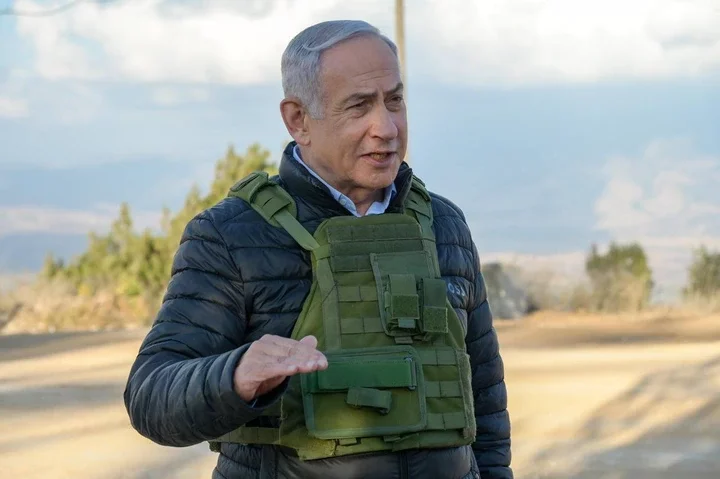
According to Al Jazeera, The summit, which gathered over 50 leaders from various nations, focused on the ongoing conflicts in Gaza and Lebanon and the broader implications for Palestinian rights.
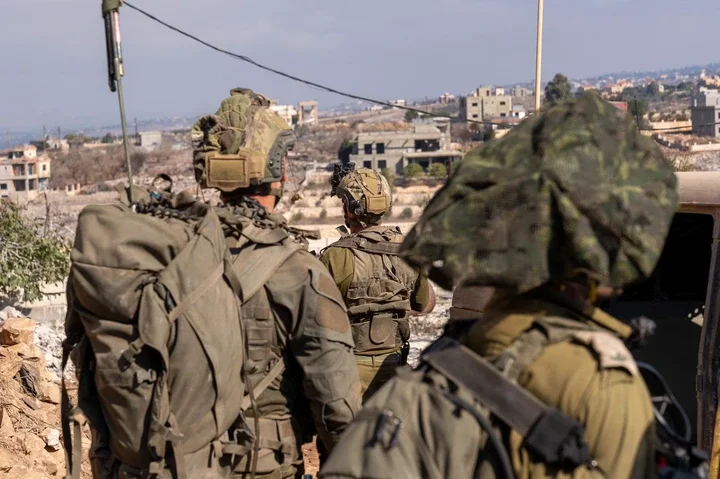
"We reaffirm the full sovereignty of the state of Palestine over occupied East Al-Quds, the eternal capital of Palestine, and reject any Israeli decisions or measures aimed at Judaising it and consolidating its colonial occupation of the city," the closing statement from the summit declared. This assertion reflects a unified stance among participating nations against what they view as illegal Israeli actions in East Jerusalem.
The summit's discussions were framed by escalating violence in Gaza, where Israeli military operations have resulted in significant civilian casualties and widespread destruction. Participants called for immediate action from the United Nations Security Council to halt Israeli aggression and allow humanitarian aid to flow into affected areas. The leaders emphasized that a just and comprehensive peace can only be achieved by ending Israel's occupation of Palestinian territories.
Saudi Crown Prince Mohammed bin Salman opened the summit with a strong condemnation of Israeli military actions, labeling them as acts of genocide against Palestinians. He reiterated his country's commitment to supporting the establishment of an independent Palestinian state based on pre-1967 borders, with East Jerusalem as its capital.
The summit also addressed the situation in Lebanon, where leaders expressed solidarity with the Lebanese people amid ongoing Israeli strikes. They condemned attacks on civilians and called for urgent humanitarian assistance to those affected by the violence.
Hezbollah's recent claims that Israeli forces have failed to occupy any Lebanese villages during their six-week campaign further highlight the complexities of the regional conflict. As tensions remain high, Arab leaders are seeking to mobilize international support against what they perceive as escalating Israeli aggression.
The closing statement from the summit not only reaffirmed support for Palestinian sovereignty but also condemned actions targeting Islamic and Christian holy sites in Jerusalem. The leaders pledged to continue their efforts to advocate for Palestinian rights on international platforms, emphasizing that any attempts to alter the city's status are illegitimate under international law.
As calls for unity among Arab and Muslim nations grow louder, the outcome of this summit may significantly influence future diplomatic efforts regarding Palestine and its quest for statehood amidst ongoing regional turmoil.


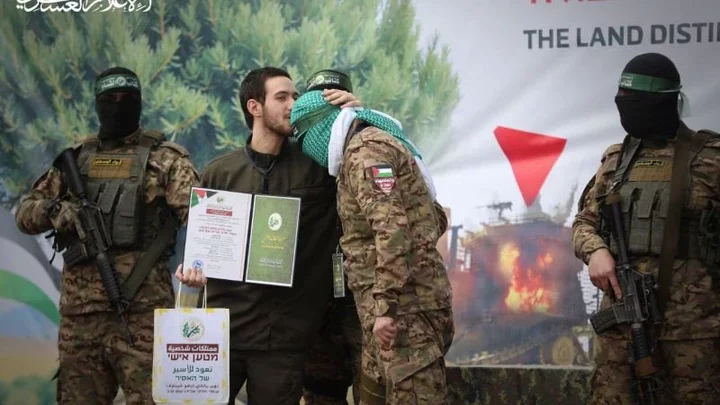

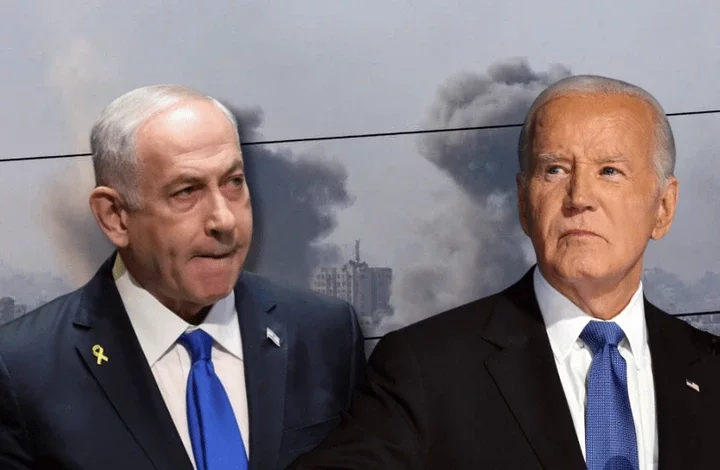
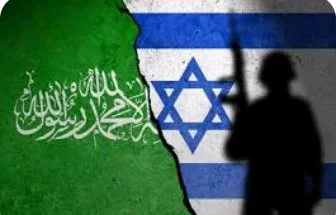
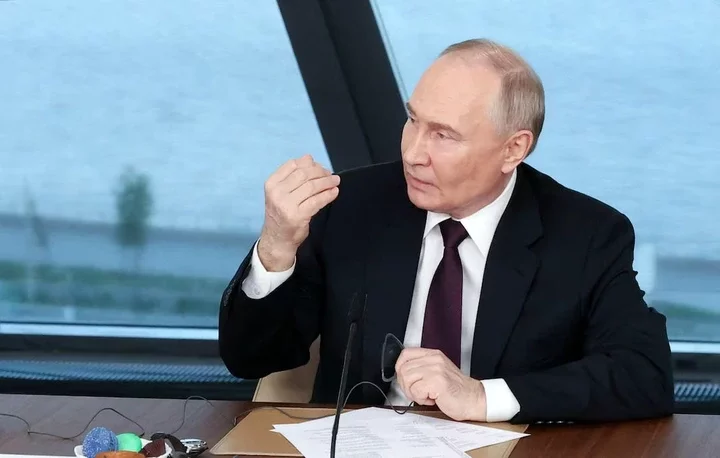









Comments